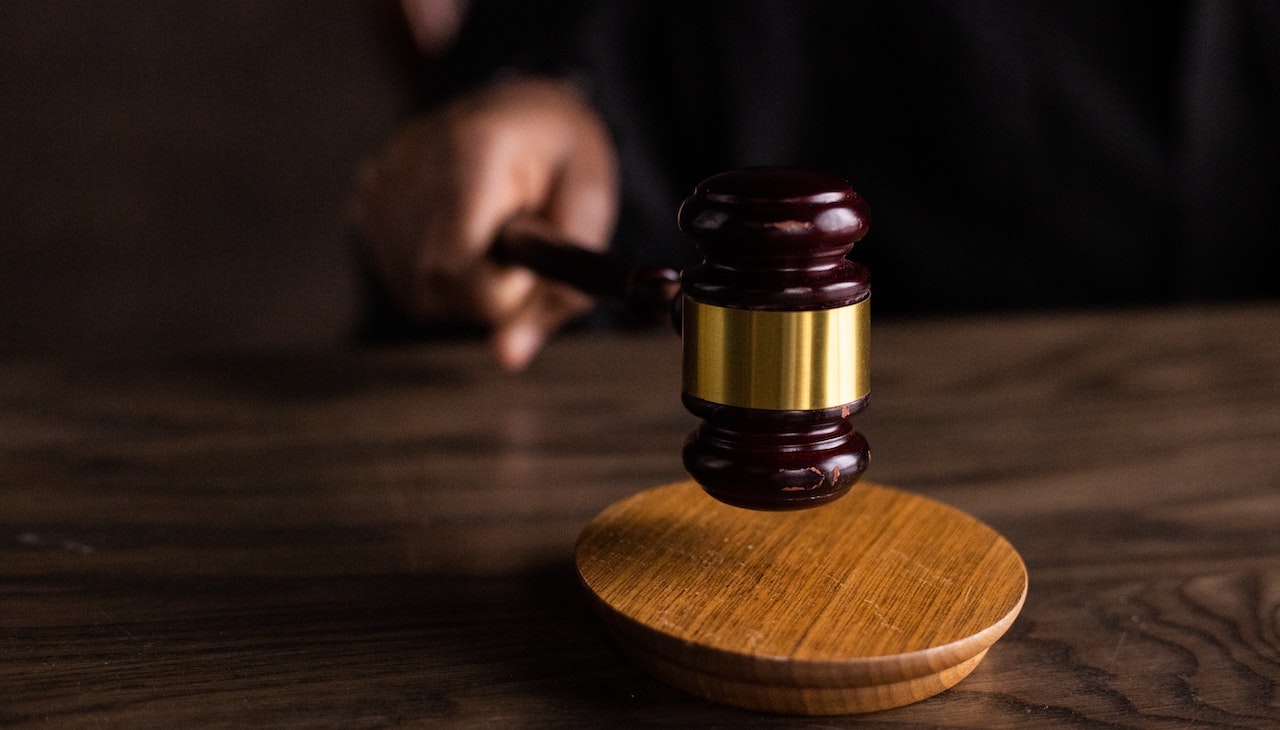
Any thoughts on the 2023 candidates for the courts? Promise we won’t judge.
With a highly competitive, high-profile, expensive mayoral election and an equally impactful City Council race, judges are likely the last candidates on the minds of overwhelmed Philly voters.
Most retain memories of very public vetting and confirmation processes for Justices of the U.S. Supreme Court, where a televised viewing is held in the U.S. Senate, and seat warmers grill nominees for several days, for hours at a time.
After, a Senate majority must vote to either forward the candidate, nominated by the President, or to dump them.
Here in Pennsylvania, that’s not nearly the case.
Becoming a Judge: How-to Guide
In state and local races, the process to fill judgeships is through an election where candidates are included on that year’s ballot. The only criteria required for judicial candidates is a year of residency in the district they’ll preside over, as well as being a licensed attorney in Pennsylvania.
“That's not a whole lot, right? I'm constitutionally eligible to be a judge, but I'm probably not all that qualified to sit as a judge,” said Kevin Levy, an attorney, and Chair of the Philadelphia LGBTQ Bar Association.
Still, 29 candidates are vying for judgeships across Commonwealth courts in 2023 — including one seat on the Supreme Court, two seats for the Superior Court, one seat for the Commonwealth Court, 10 seats for the Court of Common Pleas, and two seats for the Municipal Court.
Two of former Governor Tom Wolf’s appointees will appear on the ballot for the first time this year.
“Pennsylvania is one of a majority of states that has elections for its members of the judiciary,” said Levy. “Even though most people are of the mindset, and I think fairly, that we're talking about local judges, the judges at a Common Pleas Court, for example, are state judges that can be elected.”
All in all, a pinch over half of the names appearing on the ballot goes on to serve years-long appointments, preside over the courts, and deliver impartial rulings on a case-by-case basis.
But the election cycle is all but impartial. Judicial candidates are subjected to political rigamarole and must run as either Democratic or Republican, garner endorsements, and raise funds — all while avoiding running afoul of the law, which outlines a lengthy checklist of limitations, like not being able to endorse other candidates or hold a leadership position within a political organization, just to name a few.
“It’s a grueling process,” said Damaris García, one of 10 candidates for the Court of Common Pleas. “I don't have a political background. There's no one in my family that was a ward leader or a committee person,” García, a Puerto Rican woman from North Philly, told AL DÍA News.
In contrast, mayoral candidates in Philly can serve as ward leaders, make pointed political statements to galvanize their base, endorse other political candidates, and a whole host of many other liberties that judicial candidates tend to avoid.
“At the end of the day, I think you could probably guess the political ideologies of a lot of those candidates,” said Levy.
“Nevertheless, it does seem a little bit bizarre that we're trying to say that these judges should be the impartial, fair, unbiased, neutral people, when they are literally running for judge with a partisan letter, with the backing of a political party,” he continued.
In Philly, candidates far and away will appear on the Democratic ballot with few exceptions. And because PA is a closed primary state, residents who are registered as Democrats can only vote for Democratic primary candidates, marginally facilitating the decision-making process at the polls.
Luckily, the Philadelphia Bar Association does non-partisan legwork to aggressively vet nominees, diving into their records, interviewing them, and presenting them to a commission that, in turn, votes on whether the association should move to recommend them.
“It’s very in-depth,” explained James Faunes, chair of the Philadelphia Bar Association Commission On Judicial Selection And Retention, president of the Hispanic Bar Association of Pennsylvania’s Board of Directors, and a partner at a private firm.
Recommended does not mean endorsed
A commission of 36 members appointed by the city’s legal community evaluates candidate submissions every week provided by the candidates, Faunes said. Volunteers are then deployed in teams to vet the information on the submission, including references.
CONTENIDO RELACIONADO
“This year, we had over 150 volunteers, both lawyers and lay people from the community,” said Faunes, who added that volunteers even “explore references that were not provided.”
“[Volunteers] go to folks who have either worked with the candidate previously or know them through personal networks.”
“A lot of people are involved in their local communities and neighborhoods. So we'll go try to talk to as many of those folks as we possibly can.”
“We'll try to determine whether there's any indication that the candidate is unfit based on any prior disciplinary actions or criminal proceedings, or any litigations a candidate's been involved in personally, that sort of stuff that's generally publicly available,” Faunes said.
If the judicial hopeful has a social media profile, it is likely to be vetted. In the final phase of the evaluation, a report put together by the volunteers is submitted to the commission and exhibited through a presentation held virtually.
That report is presented to the commission, chaired by Faunes, who interviews the candidate in real-time based on the findings in the report. Candidates enjoy a one-time opportunity to argue their case to the commission directly.
Once the presentation ends, commission members vote in a confidential poll to decide if the candidate is recommended, highly recommended, or the dreaded not recommended.
“Those are difficult calls to make, obviously, to the extent that a candidate is not recommended. I tried to give the candidate as much information, protecting confidentiality…but in fairness to the candidate, I try and give them a sense of where we felt the deficiencies were in the criteria,” said Faunes.
These calls are general in nature but could include previous penalties or disciplinary action.
This process is time-consuming, demanding, and includes strenuous criteria. But Faunes says the bar’s endeavor aides voters.
“We really want to empower voters not only with information but with a real sense and trust that the members of the bar association in Philadelphia are doing everything they can in an unbiased way along the criteria that are defined,” he said. “Try to give voters a sense of folks standing in the community, folks, legal acumen and ability, their experience, their preparedness, to assume the bench, their temperament, all the things that are important in assuring that the stewards of our courts are appropriately qualified to do so in a fair, even, and just manner.”
Added Levy: “In Philadelphia County, for example, we don't typically see the big bombastic show issues that people run for the United States Senate or run for president on.”
“We're dealing with relatively normal, everyday legal issues. Who owns this type of property? This person punched me on the subway, retail theft. It's not typically the big sexy issues. But what it does require, what our elections require is that we put the right people with the right mindset, the right qualifications on the bench,” he continued.
This year, the bar association reviewed 29 candidates and issued their picks.


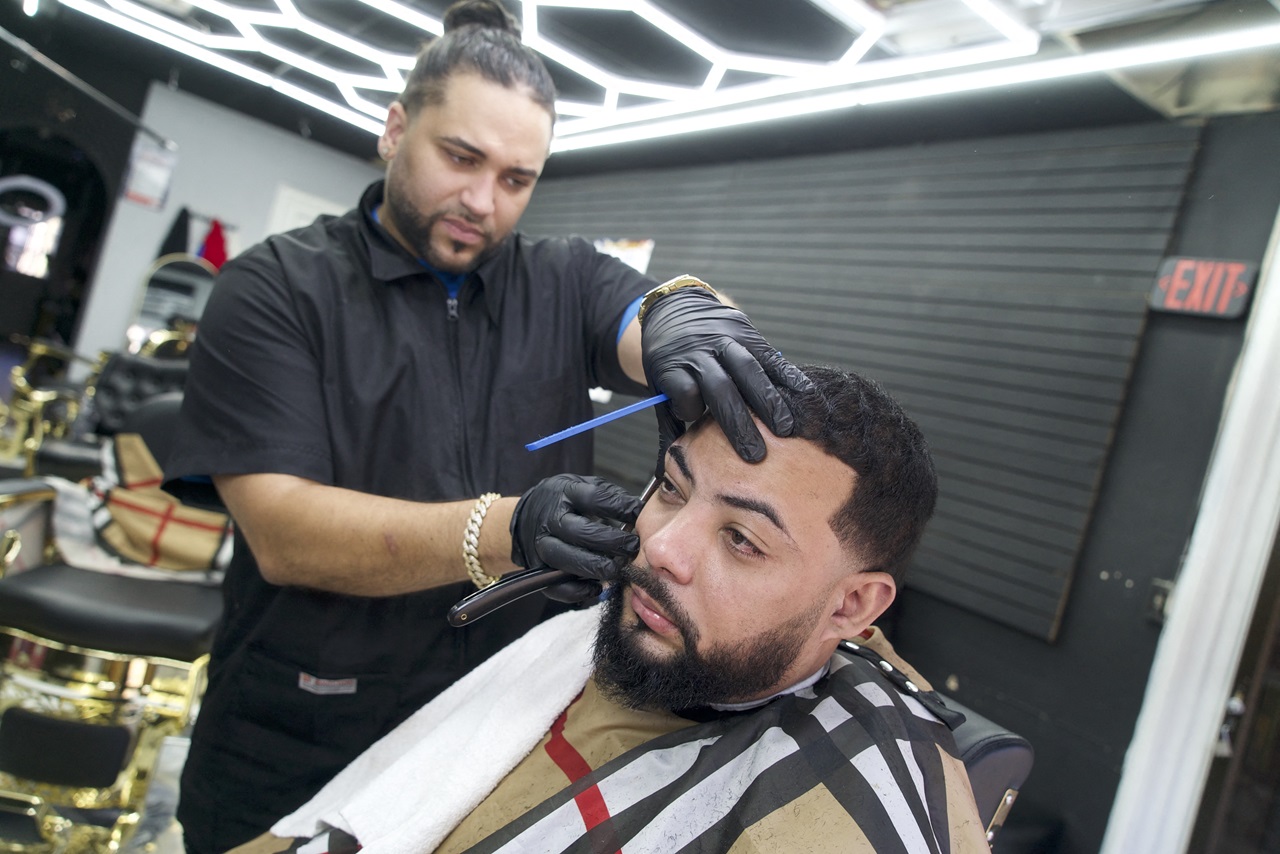
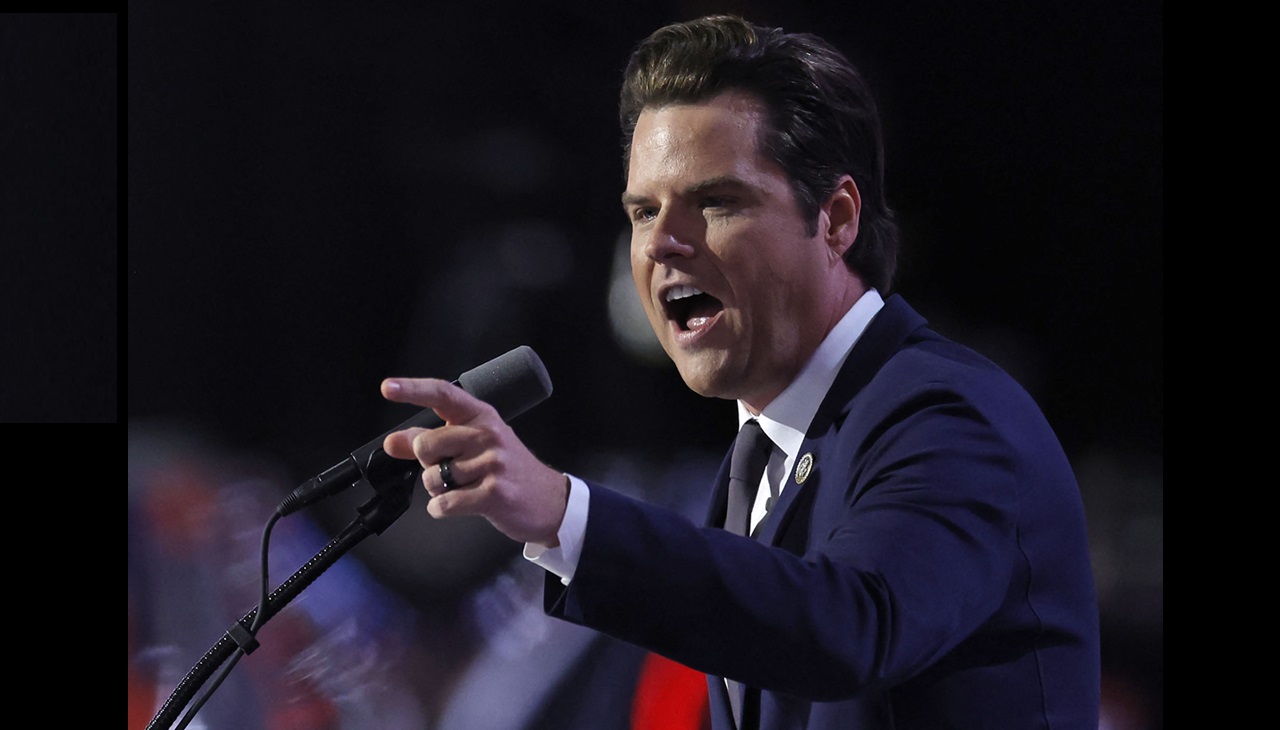

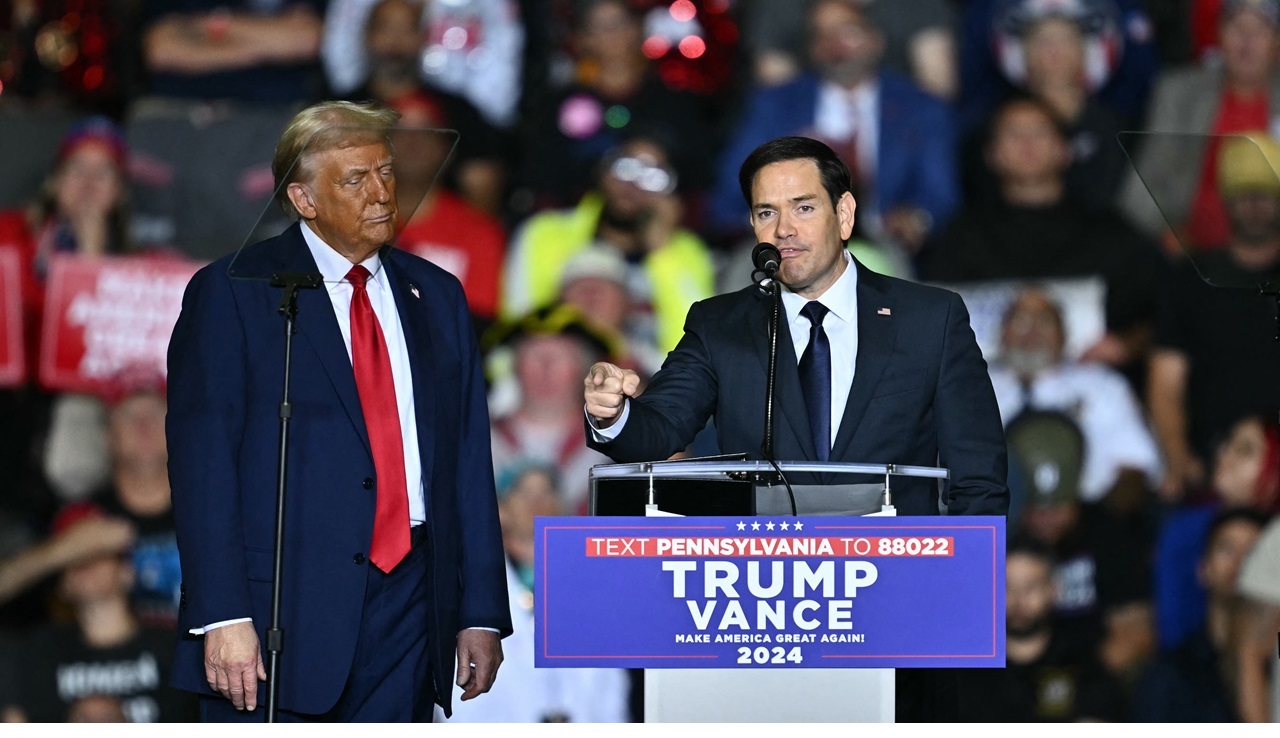
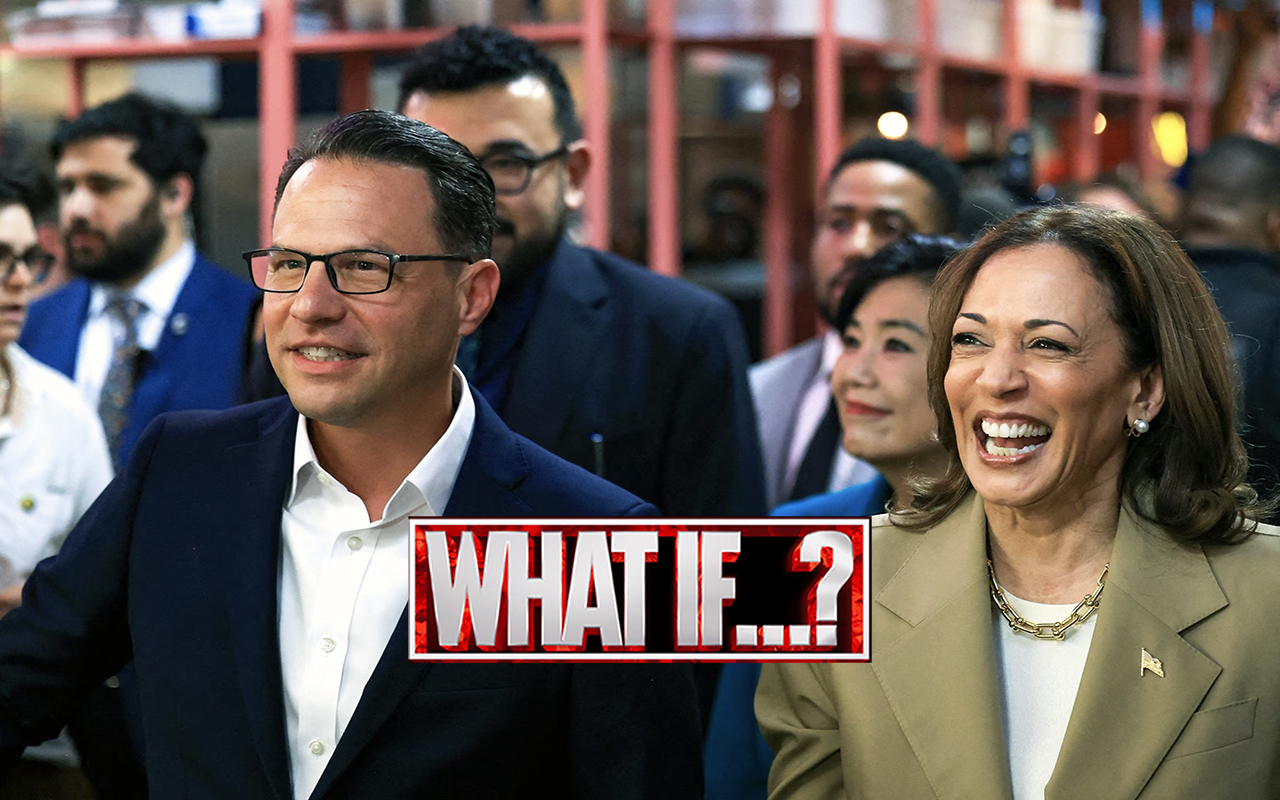

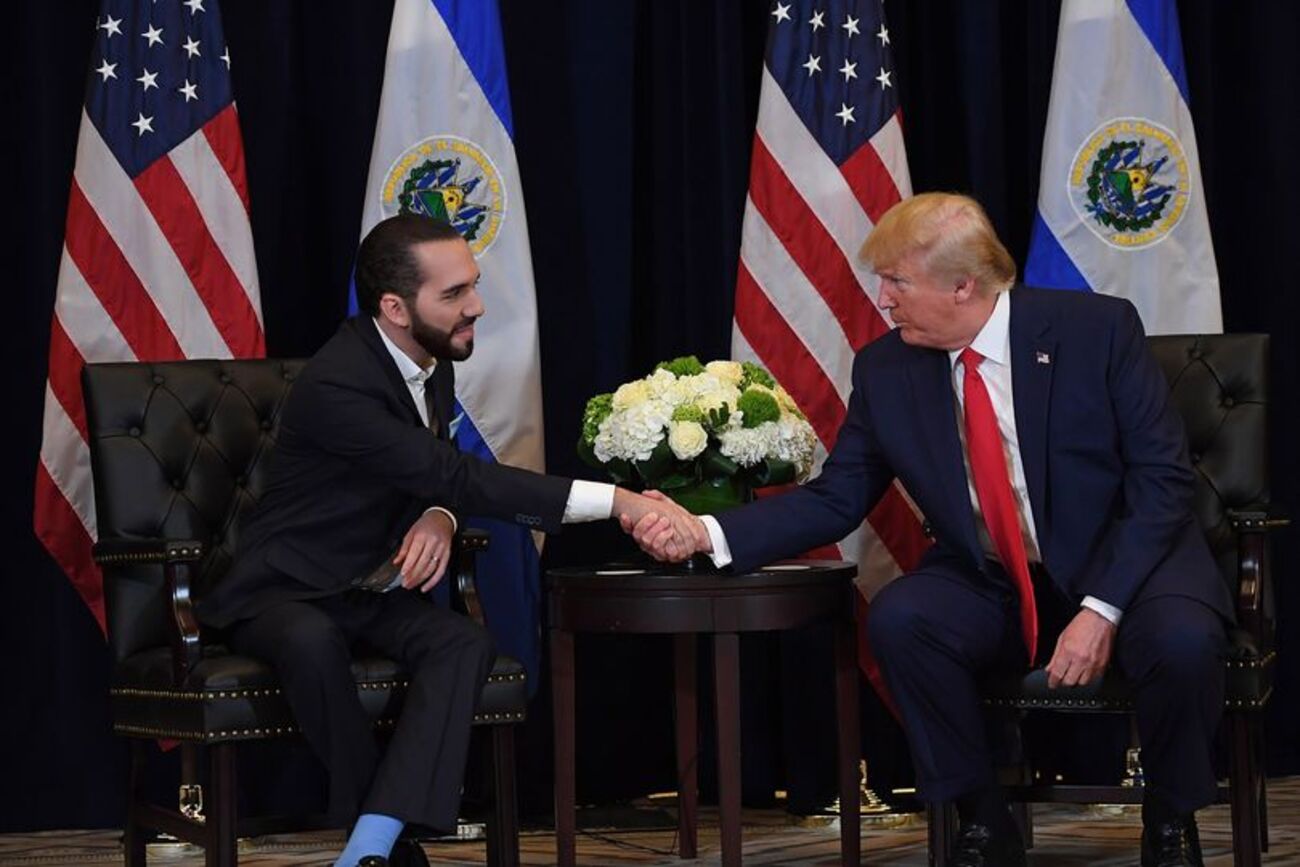
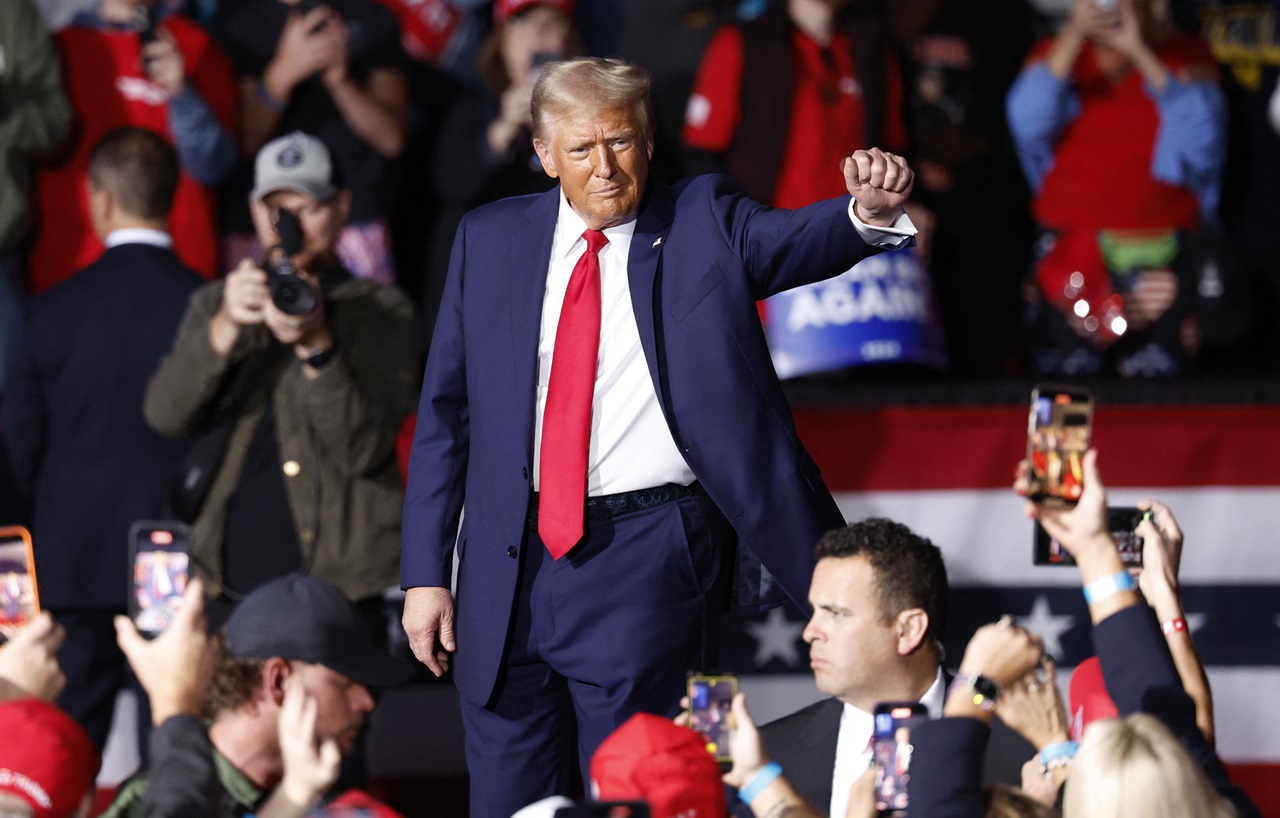
DEJE UN COMENTARIO:
¡Únete a la discusión! Deja un comentario.